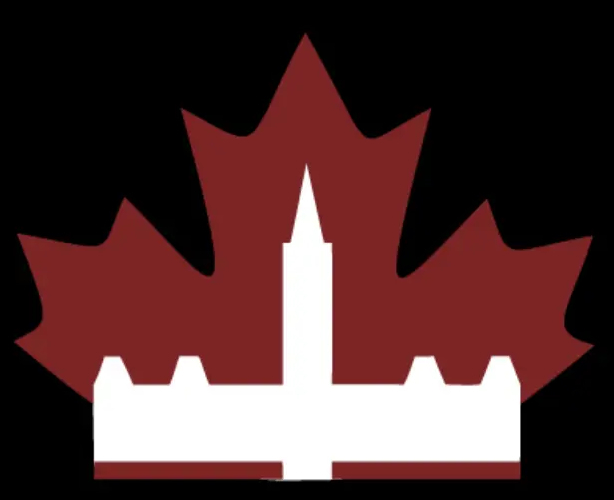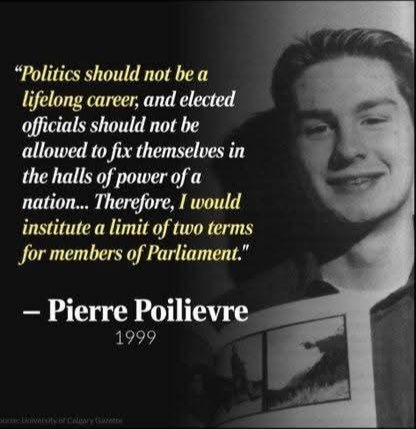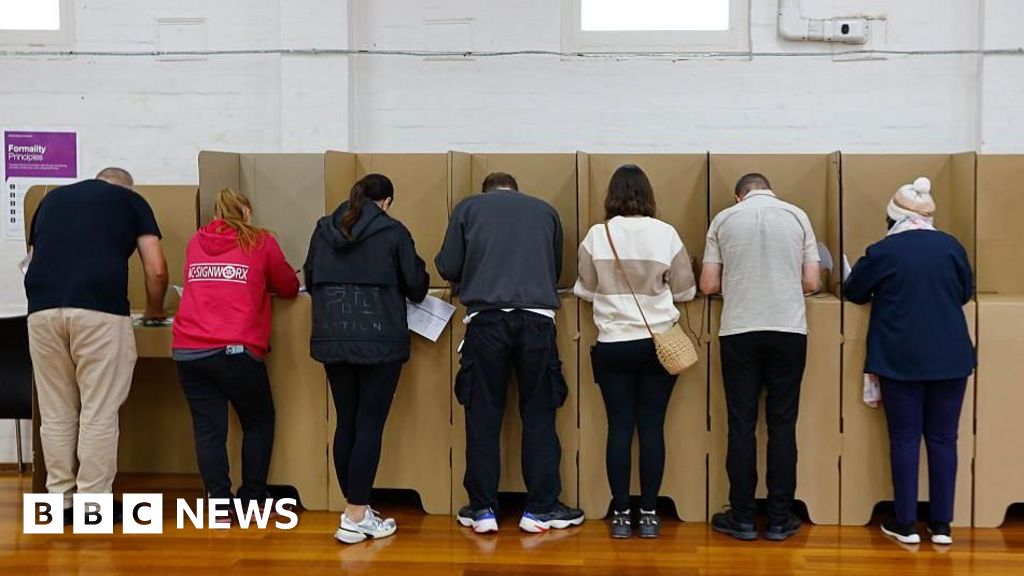- 508 Posts
- 500 Comments

 301·8 days ago
301·8 days agoThe Ottawa Citizen is American owned media pretending to be Canadian, infiltrating Canadian culture and politics.

 5·20 days ago
5·20 days agoReminder: The National Post is American owned media pretending to be Canadian, infiltrating Canadian culture and politics.

 1·20 days ago
1·20 days ago2nd floor I believe!

 17·22 days ago
17·22 days agoReminder: The National Post is American owned media pretending to be Canadian, infiltrating Canadian culture and politics.

 9·1 month ago
9·1 month ago📑 Why We Must Keep Advocating for Proportional Representation
If PR dies, so does Canadian democracy as we know it. FPTP is already pushing us toward a two-party system, just like the USA.

 11·1 month ago
11·1 month agoThe Calgary Herald is American owned media pretending to be Canadian, infiltrating Canadian culture and politics.

 911·2 months ago
911·2 months agoReminder:
In the real world, people who don’t do their jobs get fired.
-Pierre Poilievre

 9·2 months ago
9·2 months agoThe separation of powers (executive, judicial, and legislative), are critically important for governance and democracy.
Branches of government must take care to not unduly influence other branches of government. The independence and impartiallity of the judiciary must be protected.

 8·2 months ago
8·2 months agoI’m not sure what the answer is to make them good-faith actors
Stick firmly to the facts. Don’t get into emotional arguments, because it’s a losing game. When discussing electoral reform, use hard data about vote percentages versus seat counts. Show how the system mathematically distorts representation for all parties including conservatives themselves. Present international examples where proportional systems work effectively. Keep bringing the conversation back to universal democratic principles rather than partisan advantage. When they make emotional arguments, respond with evidence, not matching rhetoric.
What’s the non-extreme method of getting conservatives to stop hurting themselves and everyone around them?
Push for systems that punish bad behaviour. Proportional representation naturally discourages obstructionism because parties can’t gain majority power with minority support. It creates structural incentives for cooperation and compromise rather than trying to change individuals’ character or beliefs. Under PR, parties that refuse to work constructively become irrelevant because coalition-building becomes necessary. The system itself becomes the accountability mechanism, not partisan battles or public shaming. Electoral reform is the non-extreme solution because it works with human nature rather than against it.

 3·2 months ago
3·2 months agoHow would MMP/STV handle a situation like this?
This issue falls out of the scope of these electoral systems. It’s like asking “how would MMP/STV handle foreign interference”, when neither MMP/STV are supposed to handle foreign interference. So, if what you really want to know is how local representation maintained regardless of electoral system, the answer is to have stronger rules and regulations surrounding elections. Particularly, banning “parachute” candidates, which are candidates that run in electoral districts of which they are not local to.
Can candidates running locally also be on the party list?
Under MMP, no. It would be like if a candidate was allowed to run in multiple electoral districts.

 23·2 months ago
23·2 months agoTo all those who say local representation is important, so we must not implement proportional representation.
How does this justify Pierre Poilievre, who represented Carleton, Ontario, now potentially applying to be a candidate for an Alberta electoral district? This is halfway across the country.
Our current system does nothing particular for local representation.





The Ottawa Citizen is American owned media pretending to be Canadian, infiltrating Canadian culture and politics.